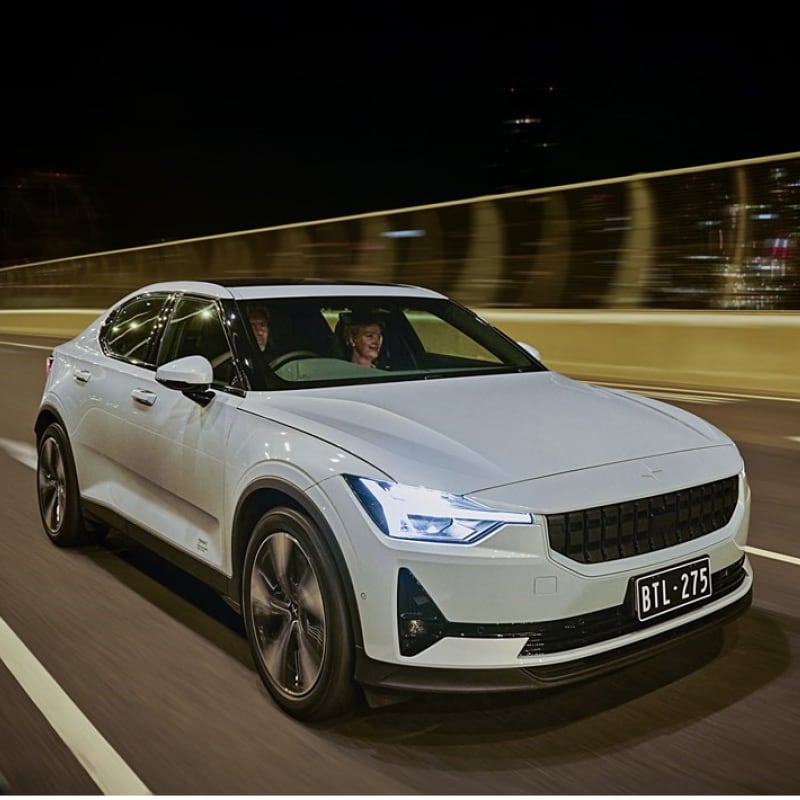What makes an energy-efficient EV?
EVs are relatively new, so there is no set benchmark for an ‘efficient’ vehicle yet. According to the Electric Vehicle Database, the most efficient EVs are sitting at 15kWh/100km while the average is 20kWh/100km.
There are a number of factors that contribute to how much electricity an EV uses and therefore how efficient it is:
Battery type and technology: The battery plays an important role in how long a vehicle can travel on a single charge. The larger the battery capacity, the further an EV can go. How efficiently it uses electricity also depends on the type of battery – most EVs have lithium-ion batteries but advancements like solid-state batteries or improved cathode materials can give them a boost. Recent shifts in cathode materials have made EV batteries more durable and less prone to degradation.
Vehicle design: Just like a petrol vehicle, the more aerodynamic an EV, the more efficient it will be. Have you ever noticed a Tesla’s tucked-in door handles? It looks good and more importantly reduces drag. A less aerodynamic design will create drag, which means it will need more power to keep moving.
Size and weight of car: A heavy vehicle will need more energy to accelerate and brake - and this has an impact on its efficiency. And even when you’re coasting along the motorway, a heavier vehicle will still require more energy to keep moving. Materials like aluminium are being used to make cars lighter. Larger batteries are also heavier, so if you’re going for a smaller car and battery, it could be more efficient if you’re based in the city.
Width and size of tyres: It might seem like a small detail, but tyre size can make a difference to how energy efficient your vehicle is. Larger or grippier tyres can make handling much better but they add drag, which slows you down.
An important note on efficiency is to choose a car that is fit-for-purpose. The better suited to your family and the type of driving you do, the more you’ll get out of it.



